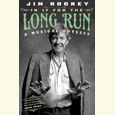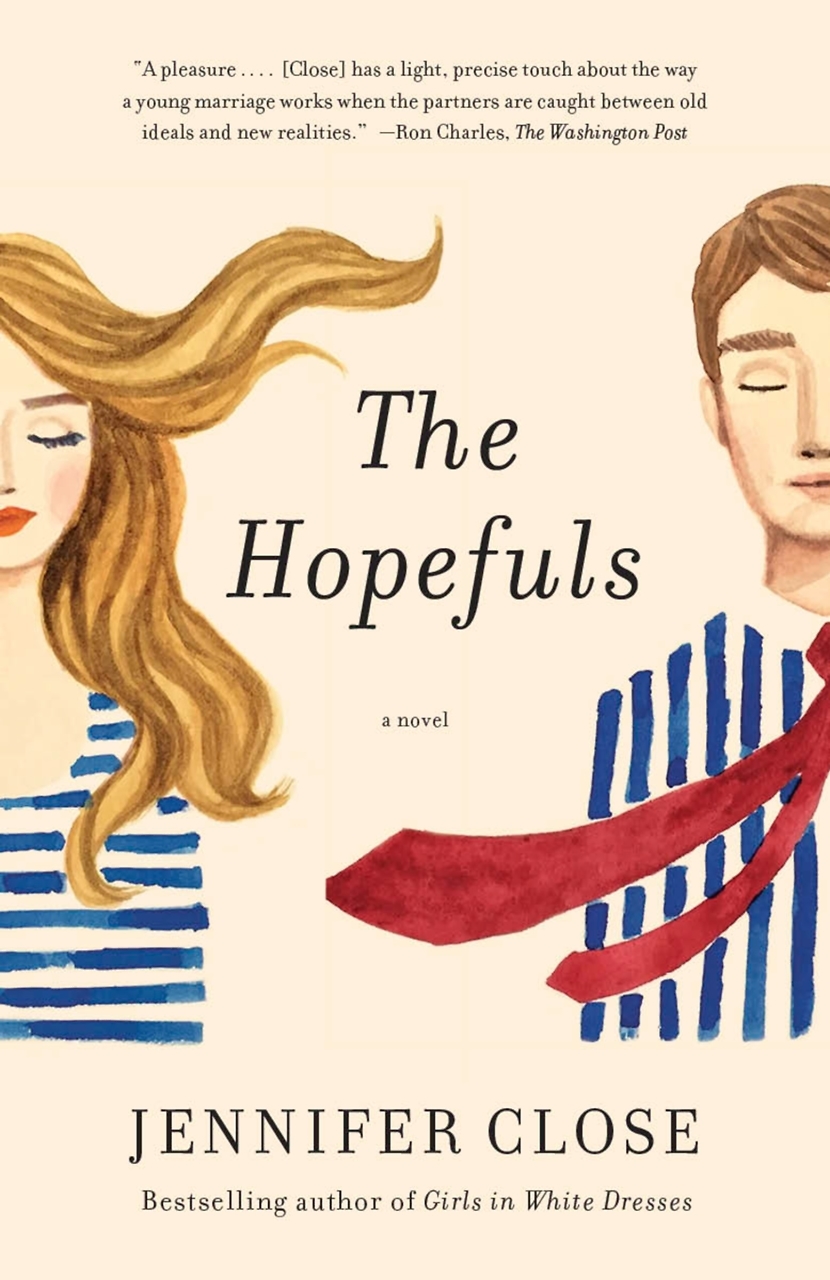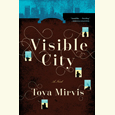Say It with Fondue
Helen Ellis’s Southern Lady Code is a gimlet-eyed, laugh-out-loud collection of linked essays
My sister tells a story about a society doyenne she knows in Savannah. With the obsessiveness of Martha Graham, this woman—let’s call her Mary Fairisle Talbot—choreographed an elaborate bridal shower for her daughter, Julia. While guests milled in the foyer of the gracious Talbot home, Mary Fairisle stood at the bottom of the curved oak staircase as Julia glided down in a flamboyant emerald gown, her hair upswept, her Tiffany pearls gleaming. As her daughter stepped off the last stair, Mary Fairisle leaned forward with a tight smile and said sweetly, “Do we like green?” Fighting tears, Julia pivoted and rushed back up to her room, where she swapped out the ballgown in favor of a demure cocktail dress.
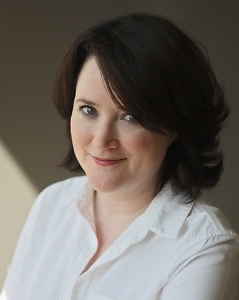 In Southern Lady Code, her gimlet-eyed, laugh-out-loud collection of linked essays, Helen Ellis both celebrates and skewers the Mary Fairisle Talbots of the world, dissecting the language and mores of (white) Southern womanhood. The Code, she writes, doesn’t come with a manual but is nonetheless widely practiced, “a technique by which, if you don’t have something nice to say, you say something not-so-nice in a nice way.” Ellis would translate “Do we like green?” as “Get your sorry butt up those stairs and fix this mess. For the love of Jehovah God and the Junior League, what were you thinking?”
In Southern Lady Code, her gimlet-eyed, laugh-out-loud collection of linked essays, Helen Ellis both celebrates and skewers the Mary Fairisle Talbots of the world, dissecting the language and mores of (white) Southern womanhood. The Code, she writes, doesn’t come with a manual but is nonetheless widely practiced, “a technique by which, if you don’t have something nice to say, you say something not-so-nice in a nice way.” Ellis would translate “Do we like green?” as “Get your sorry butt up those stairs and fix this mess. For the love of Jehovah God and the Junior League, what were you thinking?”
As with story collections, essay collections often rely on a unifying thread to seam them together. Here it’s Ellis’s exuberant use of her own life. She was raised in Alabama by parents who embodied the quirks and etiquette of the South: her father faked his own murder at Ellis’s thirteenth birthday party while her mother taught her to be a feminist with impeccable manners.
Ellis was steeped in the Code early: “Did you write you thank-you notes?” she explains, “is a Southern lady’s ‘Good morning,’” while “vintage” refers to a paperback that’s dog-eared, with ballpoint notes in the margins. Ellis is now a longtime resident of Manhattan’s Upper East Side, happily married and happily childless, well-stocked with Burberry coats and female friendships and spirited dinner parties: “I am the kind of woman who considers every conversation a game show,” she writes.
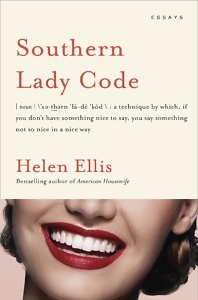 Such zingers enliven the collection while simultaneously dispensing practical advice: “If you don’t know how to say you’re sorry,” she writes, “say it with fondue.” But this big-hearted collection also reveals a shrewd social observer. “Peggy Sue Got Marijuana” depicts Ellis’s ambivalence about pot in authentic Southern-speak: “I’ve never been able to inhale. When I whistle, my breath is as quiet as a bunny poot; and when I suck a cigarette, I hack like a cat coughing up a hairball. And then coughing up another one.”
Such zingers enliven the collection while simultaneously dispensing practical advice: “If you don’t know how to say you’re sorry,” she writes, “say it with fondue.” But this big-hearted collection also reveals a shrewd social observer. “Peggy Sue Got Marijuana” depicts Ellis’s ambivalence about pot in authentic Southern-speak: “I’ve never been able to inhale. When I whistle, my breath is as quiet as a bunny poot; and when I suck a cigarette, I hack like a cat coughing up a hairball. And then coughing up another one.”
This charm offensive allows Ellis to explore serious topics, from sexism to abuse to homophobia: “To me a room full of gay men is like Narnia,” she observes. “It’s a place I hoped was out there, on the other side of a closet door, full of talking lions.” And there’s the specter of cancer, the distant bugle-cry of mortality: “This year, every woman I know has dense breasts. Or as I like to call them: dumb boobs. Dumb boobs flunk mammograms. Suddenly all the women in my age bracket have breasts that have thickened like congealed New England clam chowder.”
Southern humorists like Brett Butler, Jeanne Robertson, and Trae Crowder have left their indelible marks on our larger culture. Even as it falls within that tradition, Southern Lady Code follows its own compass: Pride and Prejudice reimagined as an episode of Designing Women. Ellis draws back the curtain on a class-bound milieu, detailing the polite way to travel on planes, the virtues of mayonnaise and mail-order hams, but with cutting insights about our troubled times. Watch out, Mary Fairisle Talbot, you may end up on Helen Ellis’s radar.
 Hamilton Cain is the author of This Boy’s Faith: Notes from a Southern Baptist Upbringing and a finalist for a 2006 National Magazine Award. A native of Chattanooga, he lives with his family in Brooklyn, New York.
Hamilton Cain is the author of This Boy’s Faith: Notes from a Southern Baptist Upbringing and a finalist for a 2006 National Magazine Award. A native of Chattanooga, he lives with his family in Brooklyn, New York.
